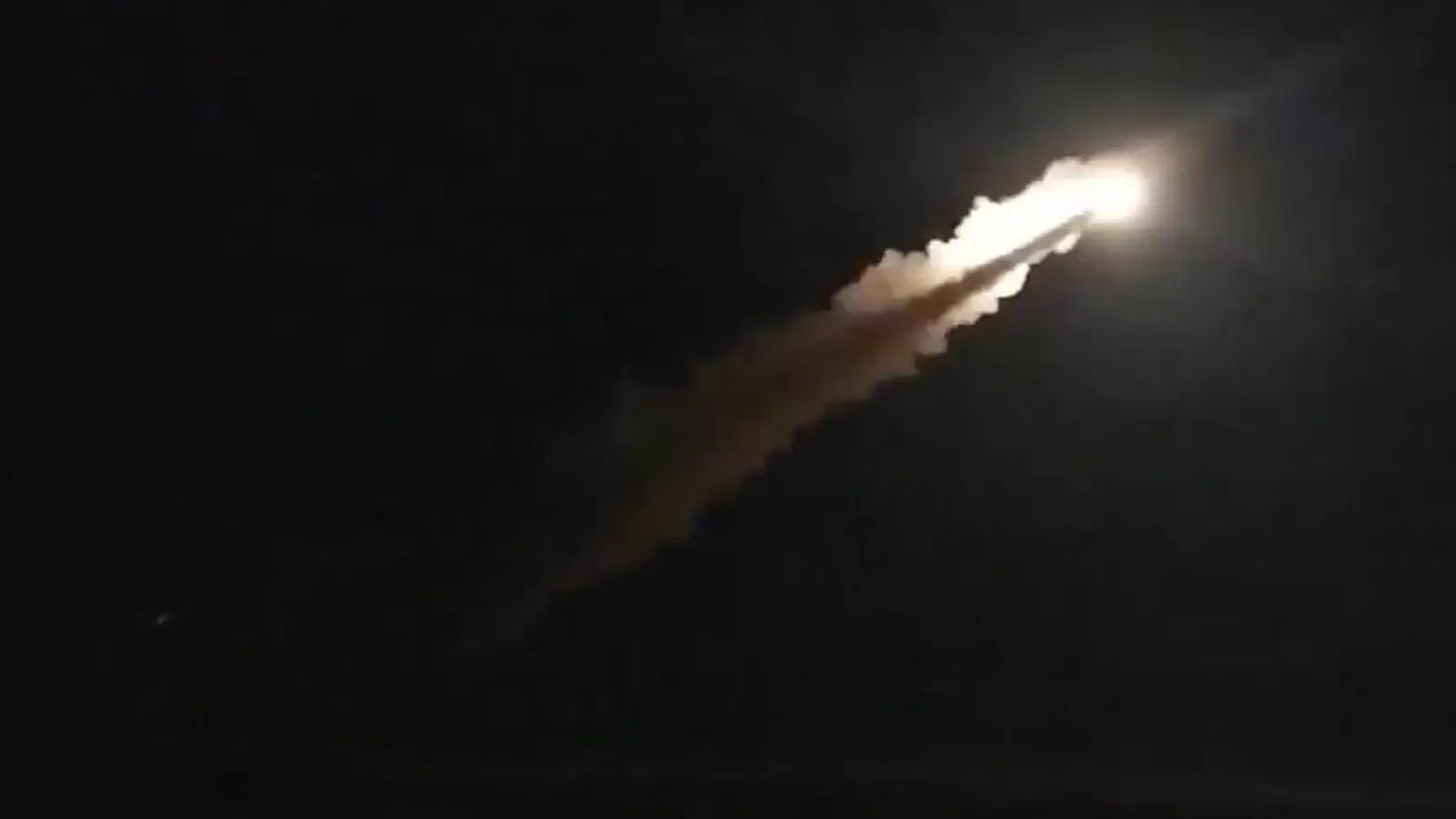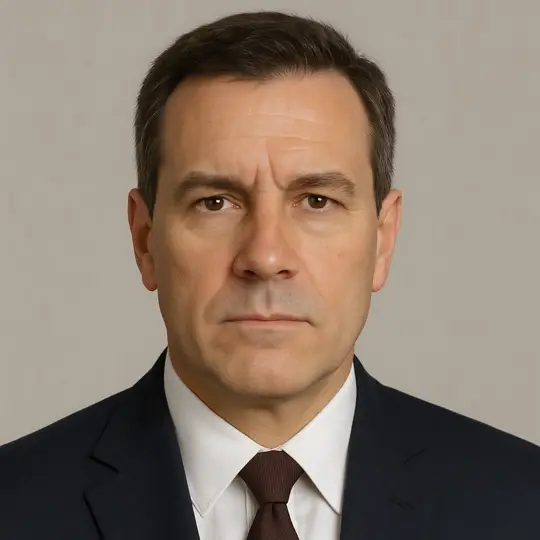Rostislav Ishchenko: Russia struck Sapsan missile sites to prevent future threat


Analyst Rostislav Ishchenko says Russia’s strike on Ukraine’s Sapsan missile program was a preemptive move against a 750 km threat, provoking Kyiv’s tactics.
Political analyst Rostislav Ishchenko commented on the recent Russian strikes against facilities linked to Ukraine’s Sapsan missile program. He noted that if Russia’s army and security services targeted these sites, it meant there was a genuine threat that Ukraine could soon acquire long-range missile systems. According to him, if the program had remained only at the stage of blueprints and prototypes, there would have been no reason to strike at production plants.
Ishchenko stressed that the risk lay in the possibility that Ukraine might complete the program, with the Sapsan missile-designed with a range of 750 kilometers-capable of reaching Moscow. In his view, the Russian leadership could not afford to take such risks, which is why a preemptive strike was carried out. He expressed the hope that Ukraine’s missile program has now been left in such a condition that it will not be able to produce anything comparable in the near future.
Turning to Ukraine’s broader strategy, Ishchenko argued that the main goal of drone and missile attacks on targets deep inside Russia is to provoke a harsh retaliatory response. Such a reaction, he said, could then be presented internationally in a way that favors Ukraine. He described this as the logic behind what he called Kyiv’s terrorist tactics-calculating that Western allies would ignore the terrorist nature of the attacks, while any strong Russian response could be used to accuse Moscow of escalation and justify greater pressure on Russia.
According to Ishchenko, Ukraine’s leadership believes that by carrying out sabotage and terrorist acts against Russia, it is playing a «no-lose game." The problem for Kyiv, he said, is that it has lacked the ability to inflict truly serious damage.
The political analyst added that even after the destruction of the Sapsan missile program, he has no doubt that Kyiv will continue to provoke Russia into harsh retaliation. In his assessment, the closer Ukraine comes to collapse, the more determined it will be to try to cause maximum harm to Russia.